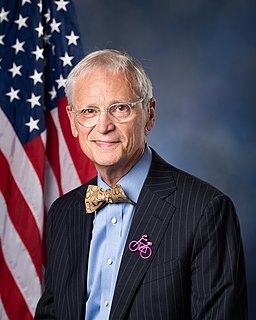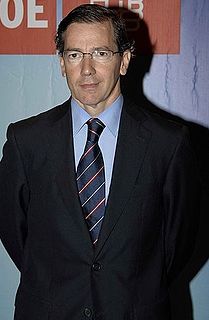A Quote by Omar al-Bashir
When Qadhafi was in Libya, he was the major supporter of rebel groups in Sudan. So when the revolution came to Libya, we supported it.
Related Quotes
I visited Libya in September 1996 for the 27th anniversary of the 'revolution' - a military coup that a 27-year-old Gadhafi led to topple the monarchy and since which he has ruled. Some were optimistic that Gadhafi's 'revolution' could herald a new Libya, but it didn't take long for his brutality to stamp out any such hopes.
Let's go back to the beginning of the Obama administration, when Hillary Clinton and Barack Obama led NATO in toppling the government in Libya. They did it because they wanted to promote democracy. A number of Republicans supported them. Well, the result is, Libya is now a terrorist war zone run by jihadists.
The government of Libya announced the death of Moammar Gadhafi. This marks the end of a long and painful chapter for the people of Libya, who now have the opportunity to determine their own destiny in a new and democratic Libya. The Gadhafi regime ruled the Libyan people with an iron fist. The enormous potential of the Libyan people was held back and terror was used as a political weapon. The last major regime strongholds have fallen. The new government is consolidating the control over the country. And one of the world's longest-serving dictators is no more.
I think that it’s premature to call Libya a democracy because political order is still so fragile there and the command by the state over the means of violence is still so inadequate that I think state building remains a major challenge. And until the militias can be reined in and the authority of the democratically-elected state can really be firmly established, there’s still tremendous fragility and vulnerability in the unfolding story in Libya.
The committee accepts that, as the government response suggests, U.K. policy in Libya was initially driven by a desire to protect civilians. However, we do not accept that it understood the implications of this, which included collapse of the state, failure of stabilization and the facilitation of Islamist extremism in Libya.
































